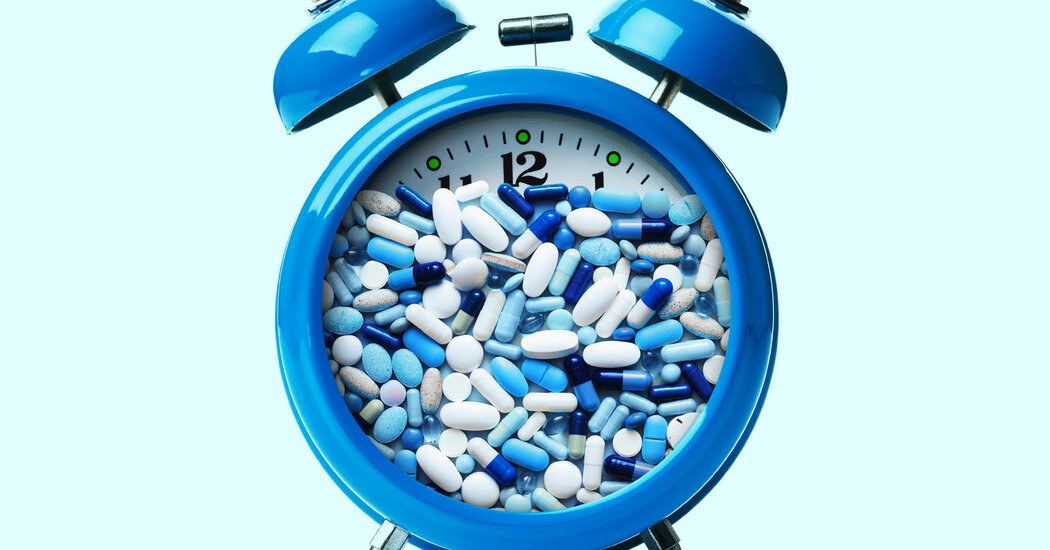
The first thing to know is that not all sleep medications are the same. “The myth is, ‘It doesn’t matter which one you choose, they all work the same way, they all do the same thing.’ They don’t,” said Dr. Andrew D. Krystal, a psychiatrist at the University of California, San Francisco, who specializes in sleep disorders. Some drugs, like zaleplon (Sonata), decrease the amount of time it takes to fall asleep, he said; while others, such as suvorexant (Belsomra), block signals in the brain that cause you to wake up. The hormone melatonin, as well as prescription drugs like ramelteon (Rozerem) that act on melatonin receptors, help regulate the body’s internal clock but don’t necessarily help you stay asleep.
The best drug for you will largely depend on what causes your insomnia. “It really is about choosing the right medication for the patient,” said Dr. Aruna S. Rao, a neurologist at Johns Hopkins Medicine. If your problem is that you can’t fall asleep at bedtime, then a drug that prevents you from waking in the middle of the night may not help. If you fall asleep easily but can’t sleep toward the end of the night, then drugs that wear off within a few hours, like zaleplon (Sonata), aren’t going to do you much good, either.
Many people, too, have sleeping problems that won’t be resolved with any sleeping pill. One such condition is sleep apnea, which afflicts 22 million people in the United States and causes frequent wake-ups, said Dr. Grace Pien, a pulmonary, critical care and sleep medicine physician at Johns Hopkins Medicine. Sleep apnea is best managed with a machine that provides continuous positive airway pressure (CPAP), not with medication.
Another issue is that many sleep aids don’t have convincing data behind them. The over-the-counter antihistamines I used to take, which contain diphenhydramine, “were never really systematically studied for their effects on sleep,” Dr. Krystal said. They’re recognized for their allergy benefits but are often used as a sleep aid because they cause drowsiness, he added. The few studies that have been done on diphenhydramine suggest that it doesn’t help much at all: Clinical practice guidelines from the American Academy of Sleep Medicine say the antihistimine’s benefits, in terms of extra sleep, are “below the level of clinically significant improvement.”
Sleep aids can also have side effects, some of them serious. A 2017 study found that, when compared with older adults who did not take sleeping medications, those who took sleep aids of any kind recommended by their doctor were 34 percent more likely to suffer a fall, perhaps because the drugs affected their balance or incited clumsiness. Another study found that people who had recently, for the first time, been prescribed sleep medications such as temazepam, trazodone or zolpidem (Ambien) were 90 percent more likely to be involved in car crashes, and that their increased risk was on par with that of driving drunk. Some research even suggests that the long-term use of hypnotic drugs such as nordazepam, clonazepam (Klonopin), flurazepam (Dalmane) and zolpidem (Ambien) can more than double the risk of dementia.




